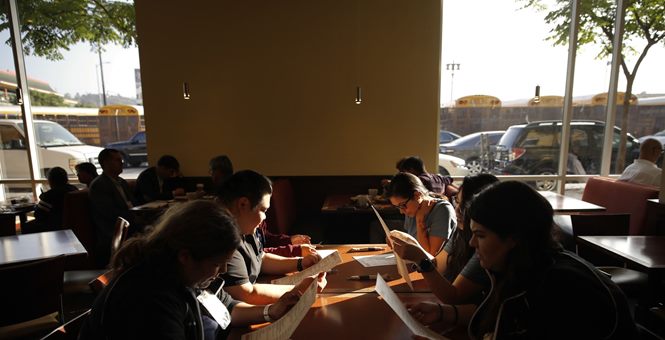
After a month of sheltering in place, hundreds of millions of Americans will soon emerge from the new “normal.” Georgia, Colorado, and Alaska (among other states) are giving their residents some freedom to return to their old lives, with many “non-essential” businesses resuming operations. Plenty of public health advocates are concerned and have raised legitimate questions about the timing of such policies. But, done right, a cautious re-opening of America can lay the groundwork for renewed prosperity and lead to better health outcomes than continued, blanket stay-at-home orders. And a robust system of American federalism allows states to emulate best practices and learn from failed policies. With prudent practices and state-centric experimentation, America can finally get past the Coronavirus crisis.
For the beleaguered residents of New York and Washington, D.C., it’s hard to see life-as-we-knew-it returning anytime soon. There’s a very different reality for state citizens of, say, Alaska, who are already distancing themselves from social distancing. On April 24, Anchorage restaurants resumed dine-in services albeit under a series of strict stipulations agreed to by the city and state. Anchorage Daily News reports, “You can only go to a restaurant as a household, with no other guests at your table. And you have to make a reservation first — no walk-ins allowed…Restaurants can only be filled to 25% of their capacity at once.” Furthermore, restaurants are required to have a logbook with names and phone numbers of patrons over a month-long period to aid with track-and-trace efforts.
Colorado has opted for a more restrictive route, continuing to restrict restaurants to delivery and carry-out pending further progress against COVID-19. But under Governor Jared Polis’ (D) “Safer at Home” initiative (a phase of his larger response plan), services such as childcare, hair salons, and tattoo parlors started to re-open on April 27. Teleworking is still strongly encouraged, while many offices re-open to half capacity.
Pundits, public officials, and Twitter denizens have wasted little time arguing about these re-opening plans. Thanks to a poisonous political environment that long predates the current crisis, these debates are much worse than they need to be. While it’s tempting and politically gratifying to lump Alaskan and Coloradan state officials with the protests that have popped up across the country, there’s a wide spectrum of different approaches to re-open America. One extreme is pretending the Coronavirus doesn’t exist anymore and going about our lives as if nothing happened.










